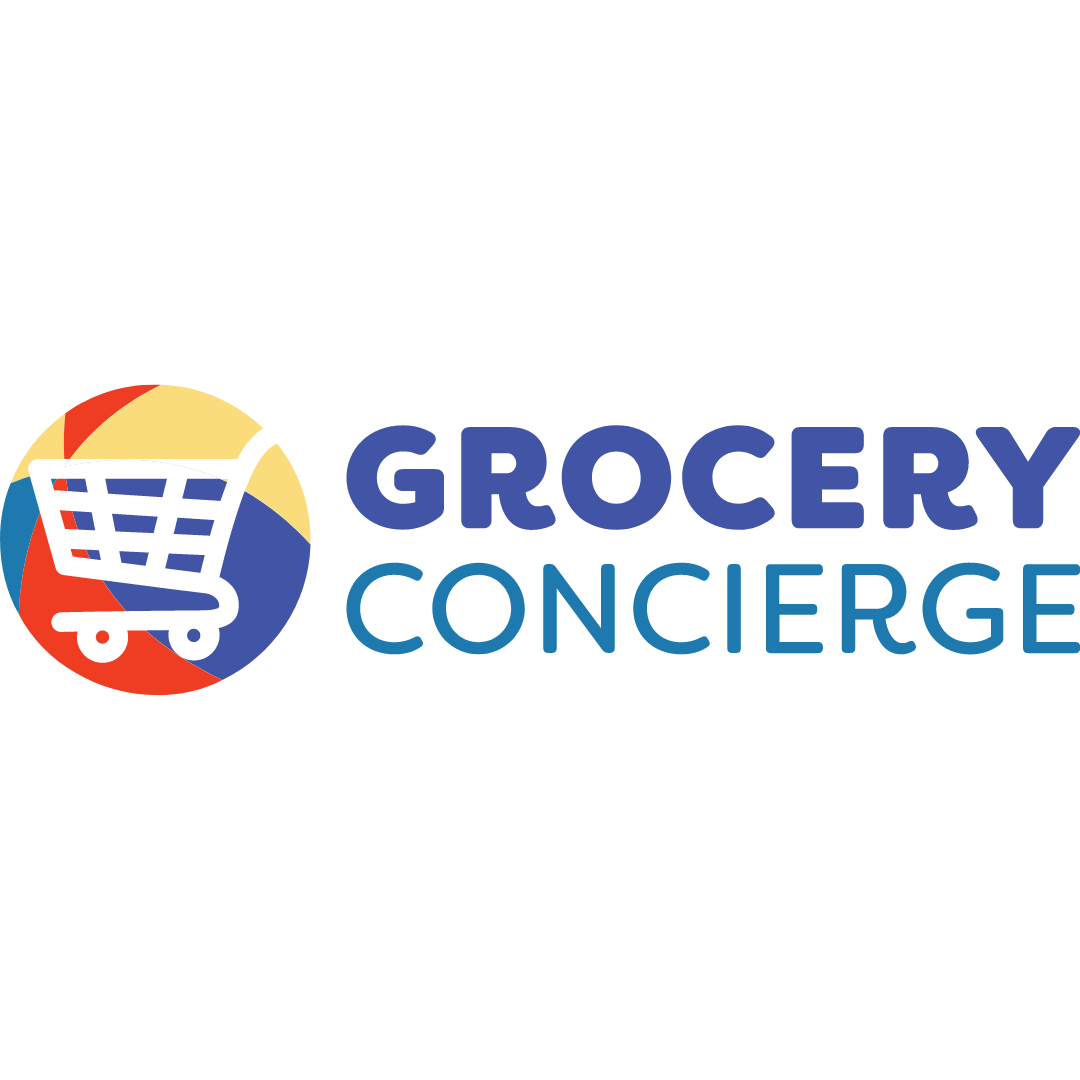Not just a Low-Income Problem!
Updated January 25, 2022
Have you heard of a Food Desert or a Food Oasis?
According to the dictionary, a Food Desert is “an urban area in which it is difficult to buy affordable or good quality fresh food”. The next line said, “many poor people live in food deserts—where they have plenty of food but none of it healthy”. I think there is a problem when defining food deserts only in low-income areas. A food deserts exist EVERYWHERE too much processed food is consumed.
Michael Pollan’s book, In Defense of Food, claims most of what is in our grocery stores now is “Edible Food Like Substances”. In addition to grocery stores our “Big Box Stores” like Sam’s and Costco sell GIANT containers of highly processed foods.
Some examples are…
Microwavable bowls of Neon Orange Mac & Cheese.
Squeezable cartons of smashed, mashed, sugary fruit.
Breakfast cereal and pasties should be considered candy except they add a few vitamins and minerals so they can package them as breakfast foods.
This is one type of “fake food”.
Fake food is usually in a disposable carton that adds cost and waste while the food inside has almost no nutritional value. It’s portable and has a long shelf life—and most of the ingredients sound like a chemistry list. The packaging costs more than the actual food items!

Another type of “fake food” is all the supplemental foods. Companies like Soylent pitch their shakes as “all you need” but they are so far from complete in terms of fiber and extremely high in processed fats. There is no “magic food” despite the claims you may see.
Many families are back to consuming at least one meal per day in their car on their way to work, to school, and to after school practices. And to meet the need for portability, foods were created that could go anywhere! Wrappers, boxes, tubes, and bowls!
We have always had options, so many beautiful options- Fresh Fruits & Vegetables, Nuts & Seeds, along with other portable items like baked goods, cured meats, canned or pickled vegetables, and cheese.
In 2022 we have an opportunity to change our buying patterns. Grocery store purchasing is up and so are prices. Producers are looking at reducing the number of products they produce due to supply chain issues (the issue is not what you think—Pepsi and Coke can’t get enough cans for all their different flavors so the low volume ones are being dropped).
How can we make sure we are purchasing healthy REAL FOOD and creating a food oasis not a food desert for our families?
Awareness—it always starts here. What are you eating? Buying? Giving to your kids? Really look at your grocery list or online order and then in your cart. Do you see lots of packaging? If yes, you are getting more fake than real food.
Benefit-– Think Long Term. Yes, fresh fruits and veggies can be expensive, but chronic diseases are expensive too. Here is a stat to consider: $71B in healthcare cost due to chronic disease that could be saved with healthier eating. A few dollars on fresh fruit now is worth that co-pay you will spend on blood pressure meds later. Prevention is always less expensive than treatment and repair.
Care–The best way to budget for fresh is to not waste it. Don’t buy too much—if you know you are taking your lunch to work 3 days then buy 3 apples. If you know that every morning you want to make a smoothie, then freeze bananas that have turned too soft, and use them. Store correctly.

Dedicate to Improvement—make small improvements each day. Start with easy switches—drink more water and less soda. Only eat “homemade” baked goods—no more packaged treats since you are paying mostly for the wrappers you throw away! When we think about the effort to make French fries—wash potatoes, cut potatoes, heat oil, fry potatoes, and discard oil, we may decide they are not worth it. If all you have to do is sit in your car and wait a few minutes it doesn’t seem all that difficult! But that “easy access” has contributed to our obesity rate.
Evaluate the impact on the Environment–I am not going to tell you to eat only plant-based or only organic. Those are choices that must be made by each person. We are not doing the environment any good with all the packaging. Think about it this way, an apple or a banana doesn’t require any packaging or container. And if you compost, you can add the apple core, and the peel to the compost.
Find the Time to Prep—Boil a couple of eggs while you are making dinner and put them in the refrigerator for a quick breakfast or to add to a salad. Wash and Cut up Fruit—it makes a great snack for after school/work. Cook up some extra pasta then toss with tuna, veggies, and dressing for a fast and filling lunch.
Get Your Family Involved—try different options. Granny smith may be too tart for little ones, they may like golden delicious better. Pears may be a good option. Most kids like to “experience” food—they want to touch it, they like bright colors, so let them play with their food. Happy eaters may make a mess of their high chair trays and the floor around them, but I would rather clean up the mess than watch them “squeeze” some apple-flavored goop into their mouths.
Healthy Home—you control what comes into your home, your mind, and your mouth. A healthy home starts at the point of purchase. If you don’t buy it, then you are not tempted by it.
Invest in yourself—priorities! Ever heard the saying “Health is Wealth” or “You are what you Eat”. Both of these are true! And your health is the most valuable asset you have right now.
Junk Food is an accurate term. Mostly sugary, high fat, high salt foods and found in the center aisles of the store. Shop the outer area of the store! This is where you will find fresh produce, fresh meats, and fresh dairy.
Knowledge. Learn basic nutritional guidelines. There are so many resources available online about child nutrition, special diets to prevent and reverse chronic conditions. Read, listen to podcasts, and learn to cook.

Food Deserts exist in every neighborhood as do Food Oasis. They are created by our great American values of capitalism and consumerism. If you want better options in your grocery store, talk with the manager. Vote with your dollars. If you need help evaluating your shopping list or cleaning out your pantry to restock with better options, please give me a call. I would love to help you make the most of your grocery dollars!
Gretchen Carter
Nutritional Therapist
817-797-0870


Comentários